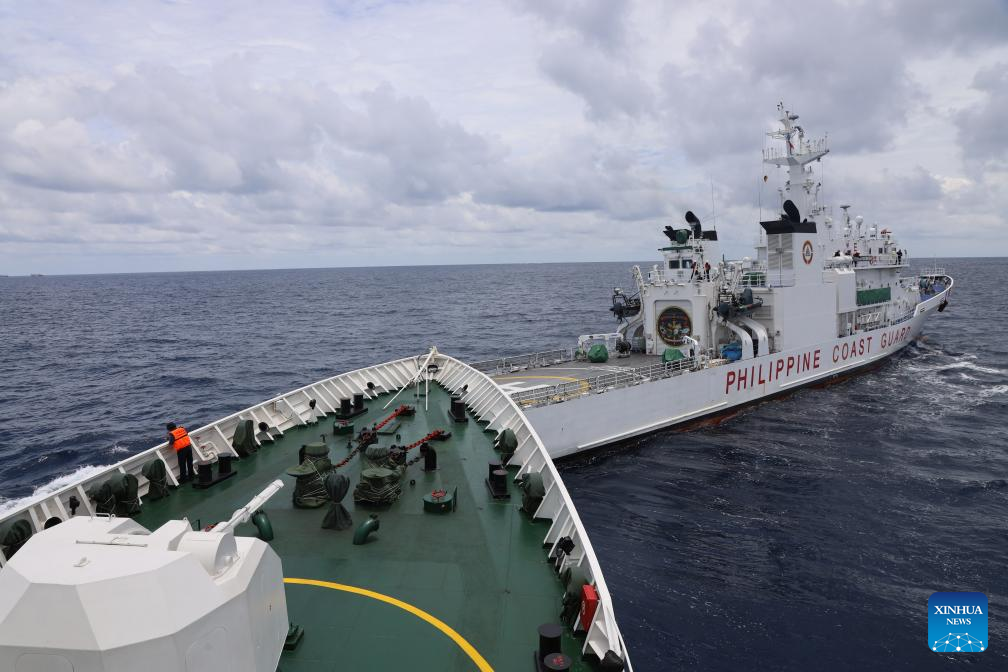
The Philippine National Bureau of Investigation has arrested a Chinese national along with two Filipinos for alleged espionage activities in the Philippines. The Chinese embassy in the Philippines has denounced the allegation as "baseless speculation" and made solemn representations to the Philippine side, demanding consular access to the arrested Chinese citizen who has been in the country for five years.
It has urged the Philippine side to base its judgment on facts, not to make a presumption of guilt, and to stop airing groundless speculation about the so-called spy case.
The attitude of the Chinese embassy cannot be clearer: Manila's charges are baseless, and the arrested Chinese citizen deserves fair treatment.
That the incident happened only weeks after a Philippine government vessel deliberately crashed into a China Coast Guard ship in waters near Huangyan Island in the South China Sea in December has naturally led to speculation that the Philippines is using the trumped-up scare as a means to speculate against China and ensure it has the support of the United States under the new administration.
But by doing so Manila is only losing its strategic independence in foreign policy, which will only mean more losses than gains to it in the long run.
The Chinese Foreign Ministry has already called on the Philippine side to duly fulfill its obligations under the bilateral consular treaty, arrange for embassy officials to conduct a consular visit with the Chinese citizen at an early date, and effectively safeguard the lawful rights and interests of Chinese citizens in the Philippines.
By pouring dirty water on a Chinese citizen in the Philippines to incite speculation about Chinese "espionage" activities, the Philippine side is stooping very low.













